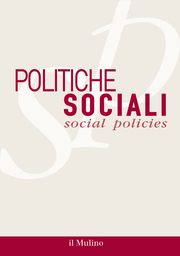This article examines how debates about multiculturalism evolved in western societies. In the first part, it presents the different meanings of the term ‘multiculturalism’ when it applies to diverse types of cultural difference within society: native and sub-state national groups, discriminated groups within society and immigrants. Highlighting the polysemy of the term, three theoretical approaches to multicultural issues are introduced and critically discussed: multiculturalism as a normative issue, as an (anti) ideology and as a feature of current societies. In its central part, the article considers the different criticisms that, since the beginning of the 21st century, have called for a retreat from multiculturalism, which is accused of being a failure and which is blamed for promoting social fragmentation, parallel lives and terrorist groups. In order to assess the validity of the alleged multicultural backlash, the article analyses some important trends in current research on multicultural policies, attitudes and identities. Finally, it presents the increasing interest in the analysis of ‘everyday multiculturalism’, highlighting the processes through which cultural difference is produced and negotiated in daily interactions in urban contexts.
Welfare, Sustainability and Eco-Social Policies
Addio welfare all’italiana? Mutamento e resistenze tra investimento…
We are pleased to announce that the latest issue of Politiche Sociali, edited by Matteo…


